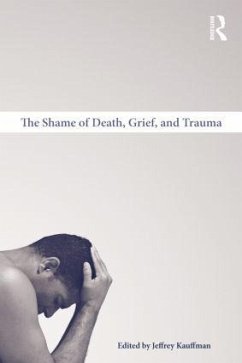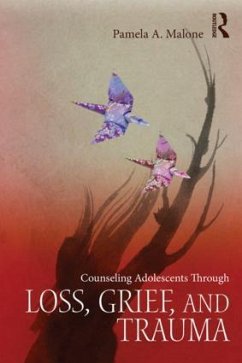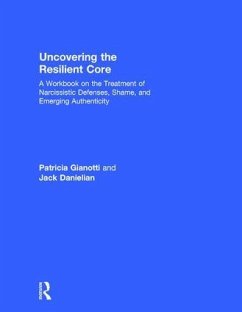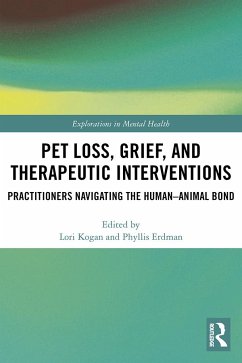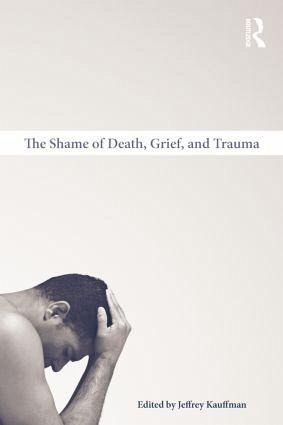
The Shame of Death, Grief, and Trauma
Versandkostenfrei!
Versandfertig in 1-2 Wochen
67,99 €
inkl. MwSt.
Weitere Ausgaben:

PAYBACK Punkte
34 °P sammeln!
The Shame of Death presents a collection of unique and insightful essays sharing the common theme that shame is the central psychological and moral force in understanding death and mourning.





